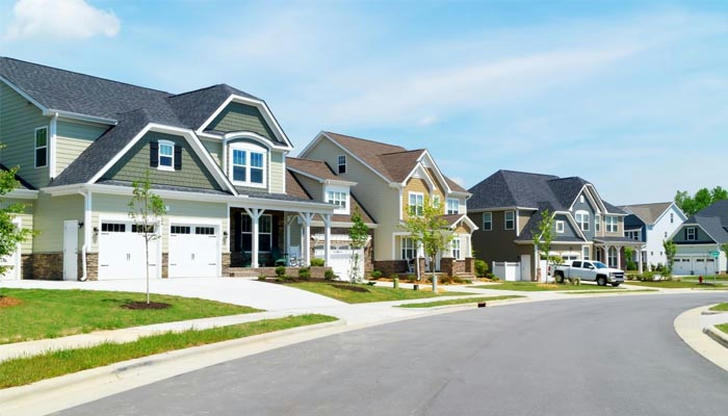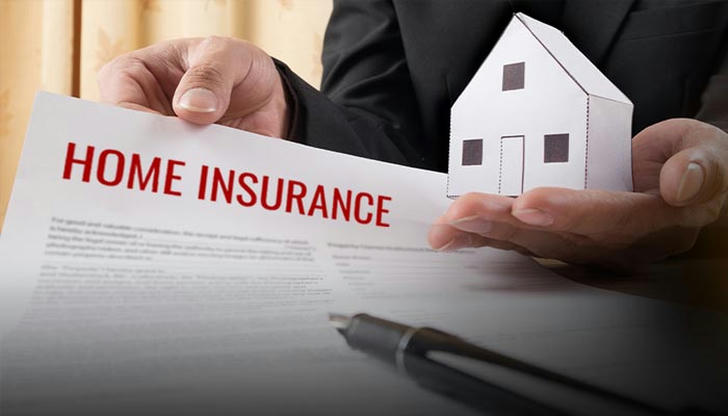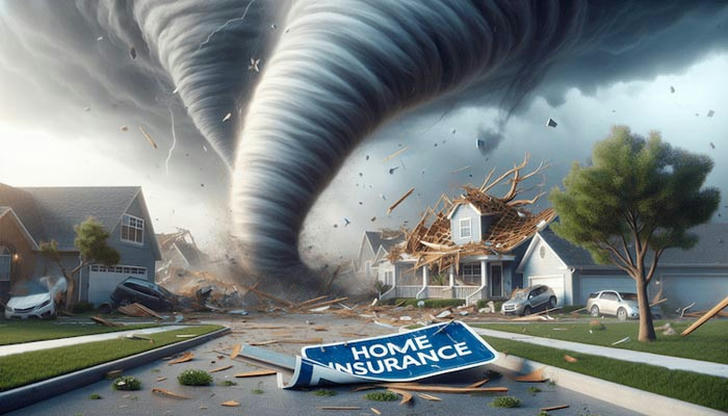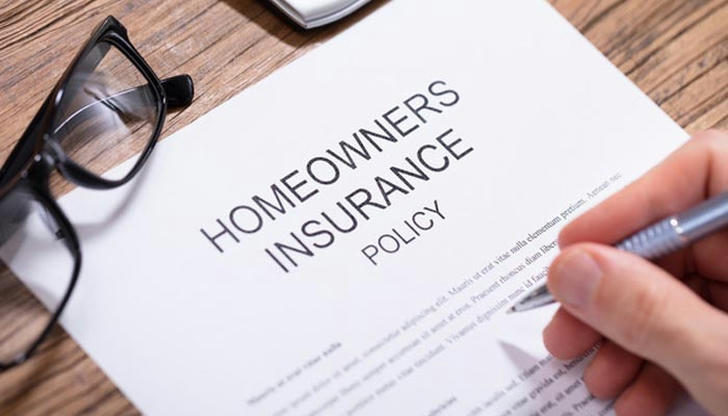The Ultimate Guide to Homeowners Insurance: Everything You Need to Know

1. What Is Homeowners Insurance and Why Do You Need It?
Homeowners insurance is a policy that provides financial protection against damage to your home and belongings. It also offers liability coverage if someone is injured on your property. Without homeowners insurance, you could face significant financial burdens in the event of natural disasters, theft, or accidents.
Many mortgage lenders require homeowners insurance to protect their investment. Even if you own your home outright, having insurance ensures that you are financially covered against unexpected events that could otherwise cost you thousands of dollars.

2. How Does Homeowners Insurance Work? Understanding the Claims Process
Homeowners insurance operates on a simple principle: you pay a monthly or annual premium, and in return, your insurance company provides coverage for damages or losses outlined in your policy. When an incident occurs, you file a claim, and after assessment, the insurer compensates you based on the terms of your policy.
The Claim Process:
1. Report the incident – Contact your insurance company immediately after a loss or damage.
2. Damage assessment – An adjuster evaluates the extent of the damage.
3. Approval and payout – Once approved, you receive funds to cover repairs or replacements.

3. What Does Homeowners Insurance Cover? (And the Key Details You Shouldn’t Overlook)
A standard homeowners insurance policy typically includes several types of coverage:
Dwelling Coverage: Protecting the Structure of Your Home
This part of your policy covers damage to the structure of your home caused by fire, storms, vandalism, and other perils. If your home is damaged or destroyed by a covered event, your insurance will help pay for repairs or rebuilding.
Personal Property Coverage: What Belongings Are Protected?
This coverage protects personal belongings such as furniture, electronics, clothing, and appliances. If they are stolen or damaged by covered events, your insurer will compensate you for their replacement or repair.
Liability Coverage: Protecting You Against Lawsuits
If someone is injured on your property, liability coverage helps pay for their medical expenses and legal fees if they decide to sue you. It also covers damage caused by you, your family members, or pets to someone else’s property.
Additional Living Expenses (ALE): When Your Home Becomes Unlivable
If a covered disaster forces you to leave your home temporarily, ALE coverage helps pay for hotel stays, meals, and other necessary expenses while your home is being repaired or rebuilt.

4. What Is Hazard Insurance? How Is It Different from Homeowners Insurance?
Hazard insurance is often included in homeowners insurance policies and covers damage from natural disasters such as fires, hurricanes, and storms. However, it does not typically cover earthquakes or floods—these require separate policies.
If you live in an area prone to specific disasters, it’s crucial to check if your homeowners insurance includes hazard coverage or if you need additional protection.

5. What Homeowners Insurance Does NOT Cover
While homeowners insurance provides broad protection, it does not cover everything. Some common exclusions include:
• Flood and earthquake damage – Separate policies are needed for these perils.
• Pest infestations – Damage caused by termites, rodents, and mold is generally not covered.
• Wear and tear – Routine maintenance and aging-related issues are not included.
• Luxury items beyond coverage limits – Jewelry, art, and collectibles may require additional coverage.
Understanding these exclusions is essential so you can purchase additional policies if necessary.

6. How Much Does Homeowners Insurance Cost? Tips for Saving Money
The cost of homeowners insurance varies based on several factors, including:
• Location – Areas prone to natural disasters or high crime rates have higher premiums.
• Home age and condition – Older homes may cost more to insure due to potential structural issues.
• Coverage amount – More extensive coverage means higher premiums.
• Credit score – Some insurers use credit history to determine rates.
How to Reduce Your Homeowners Insurance Costs:
1. Increase your deductible – A higher deductible lowers your premium.
2. Bundle home and auto insurance – Many insurers offer discounts for combining policies.
3. Improve home security – Installing security systems and smoke detectors can lower your rate.
4. Maintain a good credit score – A higher credit score may help secure lower premiums.
5. Avoid small claims – Frequent claims can lead to higher premiums over time.
6. Shop around – Comparing quotes from multiple insurers ensures you get the best deal.

7. What Type of Homeowners Insurance Should You Choose? A Buyer’s Guide
There are different types of homeowners insurance policies, with HO-3 and HO-5 being the most common.
• HO-3 (Standard Policy): Covers your home against specific perils and protects personal property against named perils.
• HO-5 (Comprehensive Policy): Offers broader coverage for both your home and belongings, making it a good option for homeowners who want maximum protection.
Questions to Ask Before Choosing a Policy:
• What perils are covered and excluded?
• Does the policy cover replacement cost or actual cash value?
• How much liability protection does it provide?
• Are additional riders needed for high-value items?

Securing the Right Homeowners Insurance
Homeowners insurance is essential for protecting your home, belongings, and financial security. By understanding what your policy covers, what it excludes, and how to lower your costs, you can make informed decisions and ensure you have the right coverage in place.
When shopping for a policy, take the time to compare options, ask the right questions, and customize your coverage to meet your specific needs. A well-chosen homeowners insurance policy can provide peace of mind and financial security for years to come.
